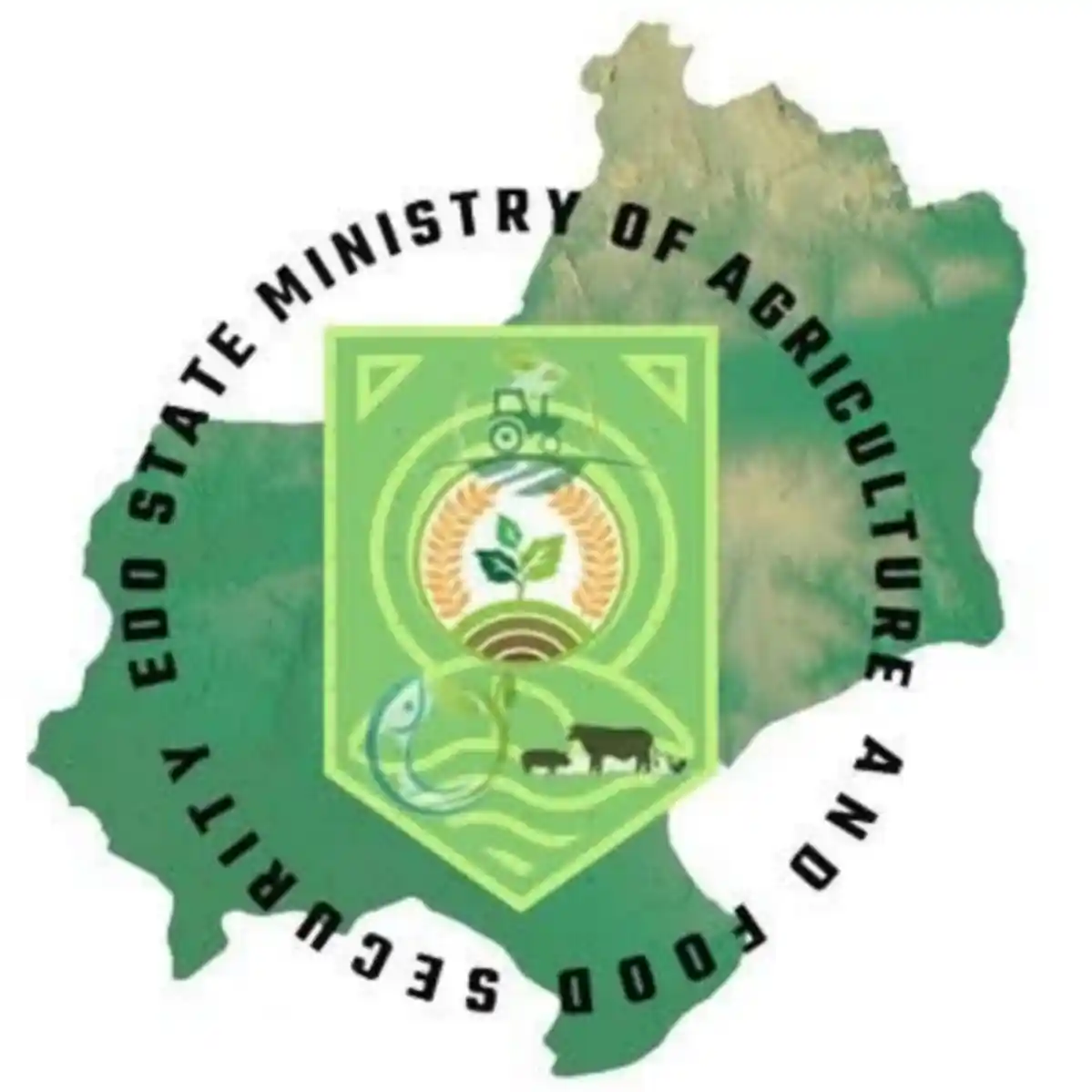The Federal Government has empowered no fewer than 25 maize farmers in Edo State with farming inputs, herbicides, and sprayers as part of efforts to strengthen food security across Nigeria. The initiative, carried out by the Federal Ministry of Agriculture and Food Security, also included training sessions to build the farmers’ capacity in modern agricultural technologies.
The beneficiaries, drawn from the 18 local government areas of Edo State, were trained on modern methodologies of maize cultivation, improved maize varieties, herbicide application, storage, and marketing strategies. According to officials, the training is designed to enhance food production and ensure that Nigerian farmers embrace agriculture as a sustainable business.
Speaking at the ceremony, Mrs. Imade Patricia, the Edo State Coordinator of the Federal Ministry of Agriculture and Food Security, explained that the empowerment aligns with the President Bola Ahmed Tinubu-led government’s commitment to boost food production, particularly maize farming.
She said, “Today we have trained and empowered 25 maize farmers across Edo State. They are to help us train others, too. It is a train-the-trainers programme. We have trained them, and so they should go back and train other farmers so that we can have the multiplier effects.”
Patricia further explained that the inputs distributed were hybrid, certified, and fortified maize seeds that would significantly improve yields per hectare compared to previous farming seasons. She added that the government’s target was to ensure hundreds of thousands of farmers across the state benefit from similar training programmes.
The state coordinator also highlighted the importance of applying modern farming technologies correctly. “We have discovered that some of our farmers are not too good at applying these technologies even though they know. So we have come here to enlighten them on the use of these farming inputs and how to apply them, like chemicals, for example. The chemicals they need to apply, how to apply them, and how to dispose of these empty containers, among others. So, today, we have been able to put them through on how to apply all these to be able to protect themselves, the crops, and the end beneficiaries or users of the products,” she said.
She encouraged the farmers to see agriculture as a profitable business venture rather than limiting it to family subsistence. Patricia assured that all federal government agricultural programmes and empowerment opportunities would continue to be made available to farmers across the state.
In his remarks, the State Chairman of the All Farmers Association of Nigeria (AFAN), Alhaji Bako Dogwo, praised the federal government and the ministry’s state coordinator for prioritizing the interests of farmers. Dogwo, however, appealed to both the federal and Edo State governments to work directly with the association, which he noted has accurate data of genuine farmers, instead of “political and portfolio farmers.”
Earlier during the programme, Mr. Charles Ezendu, Principal Agric Officer of the Federal Ministry of Agriculture and Food Security, Abuja, delivered a session on the technical aspects of maize farming. He spoke on maize varieties and their characteristics, site selection, environmental requirements, and modern spraying methods. He also educated participants on processing, marketing, and the multiple uses of maize.
The training, themed “Maize: The Golden Grain,” focused on best practices that could help farmers achieve higher yields while safeguarding consumer safety. Ezendu stressed the need for farmers to adopt improved practices to remain competitive in the agricultural market and contribute to Nigeria’s food security goals.
The event was organized in collaboration with Messrs Unis Multi Link Services Limited under the theme “Training and Empowerment on Maize Farming and Value Addition Best Practices in Edo State.” The programme combined practical demonstrations and expert lectures to ensure that participants could replicate the training in their communities.

